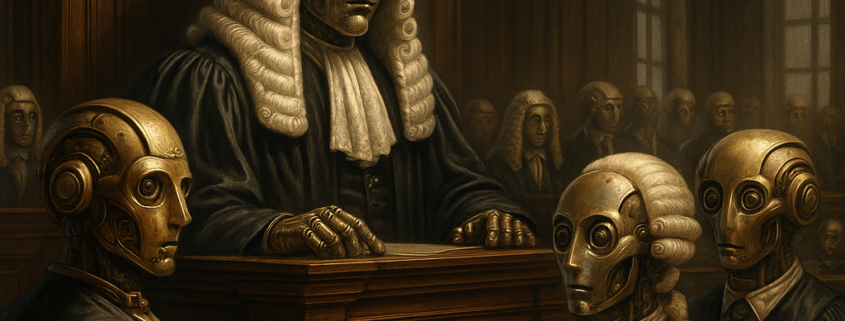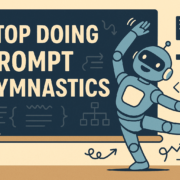Title: What the New York Court Ruling Means for ChatGPT Logs and Your Business Data
In June 2025, a quiet but critical legal decision emerged from a courtroom in New York: OpenAI has been ordered to retain all ChatGPT logs, even ones users previously deleted. This was triggered by a lawsuit filed by The New York Times, alleging that OpenAI used copyrighted material to train its models. In response, the court mandated that OpenAI preserve all interactions—including user prompts and outputs—as potential evidence.
At first glance, this might seem like a niche copyright dispute. But for businesses relying on GPT-based automations, this court order signals something far more significant: a major shift in how AI-generated data is stored, governed, and exposed to legal scrutiny.
What the Court Ordered
U.S. Magistrate Judge Ona T. Wang instructed OpenAI to preserve all interactions from:
- Free, Plus, and Pro ChatGPT users
- Standard API customers
These interactions include deleted chats and any non-Zero Data Retention (ZDR) API usage. OpenAI is appealing the order, calling it a “privacy nightmare,” but for now, the mandate stands.
Notably excluded from this data retention order are:
- ChatGPT Enterprise users
- ChatGPT Edu accounts
- ZDR API customers
These categories maintain strict opt-out control over data storage and are not subject to legal data hold.
What This Means for Businesses
1. You May Be Storing More Than You Think
If your team uses ChatGPT or GPT-based automation tools, you may now be involuntarily retaining data—even if you thought it was deleted. This contradicts assumptions many businesses made around prompt ephemerality.
2. You Could Face Legal Discovery
The court ruling opens the door for GPT logs to be subpoenaed in lawsuits, especially:
- Data privacy and compliance audits
- IP disputes or leaks
- Employment or vendor claims
If your internal workflows feed sensitive information into GPT without controls, you may be unintentionally creating a permanent paper trail.
3. You May Be Violating Your Own Contracts
If you’ve promised clients or users that no data will be stored—or that sensitive details will be destroyed—this ruling may conflict with those commitments unless you’re on ZDR or Enterprise-grade plans.
How to Protect Your Business
✅ 1. Use Zero Data Retention (ZDR) API
OpenAI offers an API mode where no logs are stored, and these sessions are excluded from the court order.
✅ 2. Switch to ChatGPT Enterprise or Edu
These paid tiers maintain private retention controls and have more robust privacy guardrails.
✅ 3. Update Contracts and Policies
Ensure your SLAs and privacy policies:
- Set expectations around AI usage
- Include data retention clauses
- Indemnify you from third-party storage exposures
✅ 4. Limit Sensitive Prompts
Train employees to avoid entering:
- Personally identifiable information (PII)
- Client secrets or financial data
- Proprietary models, contracts, or legal strategies
✅ 5. Conduct an AI Usage Audit
You should know:
- Where AI tools are being used
- Who is using them
- Whether Enterprise or ZDR protections are active
✅ 6. Isolate Sensitive Logic
Where possible, move sensitive functions off-platform or into private LLM containers that aren’t subject to third-party data retention.
✅ 7. Stay Legally Flexible
Keep an eye on OpenAI’s appeal. The ruling could shift—and staying current will help keep your data policies aligned.
Summary Table
| Risk Area | Affected Accounts | Recommended Action |
|---|---|---|
| Data Retention | Free / Plus / API | Use Enterprise or ZDR API |
| Privacy Compliance | All | Audit inputs, limit sensitive use |
| Legal / Contract Risk | All | Update policies and protections |
| Governance Visibility | All | Track internal AI usage |
Final Thought
The lawsuit that triggered this change might be about copyright—but its consequences touch every business using AI.
We’re entering a world where GPT-powered workflows need governance, not just access. Treat AI tools as part of your critical infrastructure, not novelty helpers.
Because now, the system remembers everything. Even what you thought was deleted.






Leave a Reply
Want to join the discussion?Feel free to contribute!